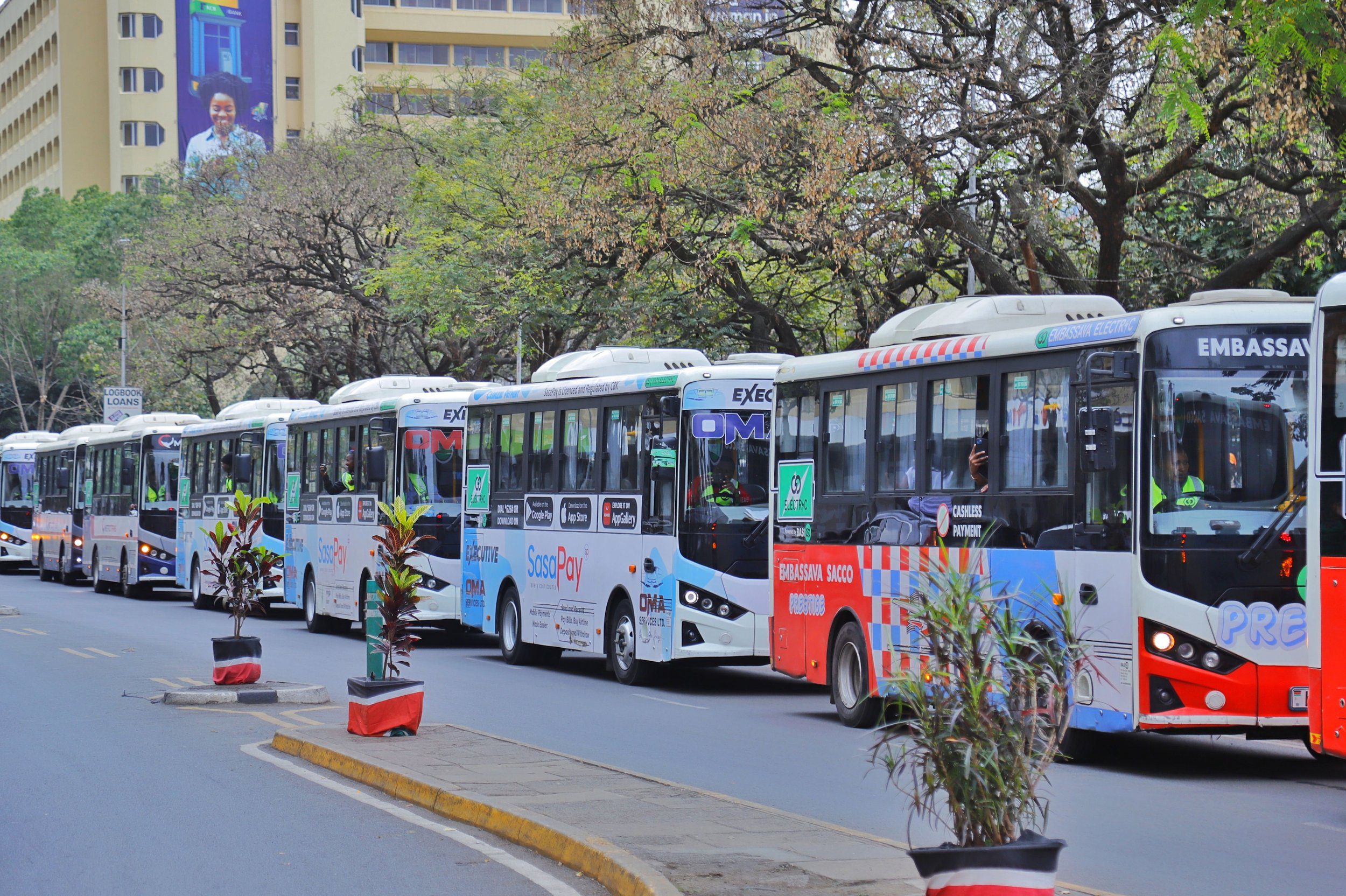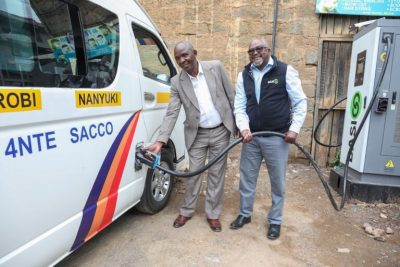
BasiGo Launches First Electric Matatu In Kenya
Kenyan electric mobility firm BasiGo has unveiled the country’s first pilot program for electric matatus on inter-city routes, signaling a breakthrough in sustainable transport solutions.
Milestone for Kenya’s Clean Energy Goals
The initiative, launched in partnership with 4NTE SACCO and Manchester Travellers Coach SACCO, aims to prove the viability of electric public transport in Kenya beyond urban hubs like Nairobi. It targets key intercity corridors such as Nyahururu–Nyeri, Nyahururu–Nakuru, and the Thika–Nairobi route.
Each electric matatu boasts a range of up to 300 kilometers on a single charge and can recharge fully in just 1.5 hours. This makes them ideal for regional operations and a game-changer for the transport sector.
Innovative Leasing Model for Matatu Operators
To encourage adoption, BasiGo has introduced a Pay-As-You-Drive leasing model, enabling SACCOs to operate electric vans without the heavy upfront investment. Charging stations have already been installed in Nyahururu and Thika to support seamless operations.
Leaders Speak on the Future of Electric Mobility
“We’re thrilled to electrify an iconic part of Kenya’s history the matatu,” said Moses Nderitu, BasiGo’s Managing Director. “This pilot demonstrates that electric mobility in Kenya is not just possible but practical for intercity and inter-county transit.”
Wilfred Daniel Kimotho, Chairman of 4NTE SACCO, echoed the optimism, stating: “This partnership puts us at the forefront of a transport revolution electric, efficient, and built for the future.”
Boosting Jobs and Local Assembly Plans
BasiGo also plans to begin local assembly of its electric vans in Kenya. This move is expected to create jobs and build local capacity in the clean energy and automotive sectors.
1,000 Electric Vans Targeted Across Kenya
The company has ambitious plans to deploy over 1,000 electric vans nationwide in the coming years, strengthening Kenya’s efforts toward climate-friendly transport and digital transformation in mobility.
This milestone could serve as a blueprint for other African countries seeking to reduce emissions and embrace sustainable public transport systems.


